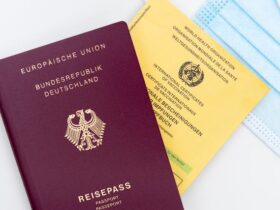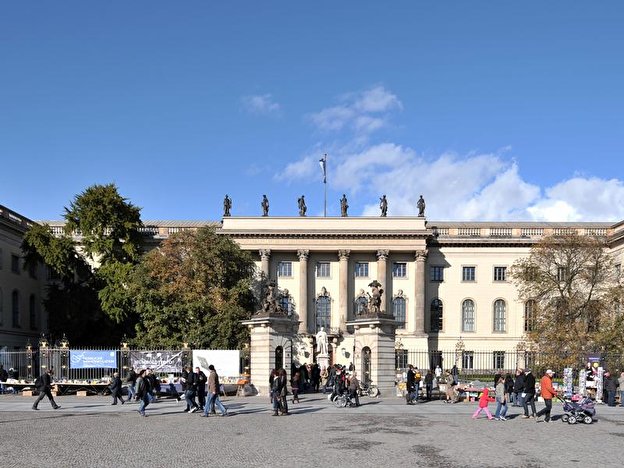You can now move to Germany to learn a vocation through the newly introduced Vocational Visa, also known as “Aufenthaltserlaubnis zum Zweck der Ausbildung”. Germany is facing a strong shortage of skilled labor and would need 400,000 skilled labor per year for several years in the future to plug the huge gap in the skilled labor market. Currently, Germany is the biggest economy in Europe. To maintain this status, the government of Germany wants you to come to Germany to learn a high-paying skill, work, earn, and contribute to the economy of Germany.
This guide will provide you the steps you need to apply for vocational training visa and move to Germany. If you are instead looking to move to Germany with a study visa, check out this article here.
Who Can Apply For Vocational Visa in Germany?
Anyone from a non-EU country who wants to learn at least a 2-years vocational training in Germany can apply. The first step is to check the German Consulate website in your country to ensure if your country is qualified for this type of visa. Unfortunately, some countries are excluded from applying for Ausbildung visa.
What Do I Need To Do Before Applying for Vocational Visa?
You will need to ensure that the vocational training you want to undertake is recognized by the German government. You can check if the training is qualified by visiting bibb.de website. Once you see a training you like, apply to that program immediately, and then wait for your acceptance confirmation. You will then use the acceptance confirmation letter to apply for your visa. You will need at least B1 German Language knowledge to get a placement in the training and the visa.
Where Can I Submit My Application for My Visa?
Application for this type of visa can only be submitted to German embassy in your country. Simply lookup the German embassy website in your country, check your country’s-specific requirement for this type of visa and submit your application. If there is no German embassy in your country, you can submit your application in the neighboring country. It is important to mention that for some countries, it could take several months before you can get an appointment for the visa and many more weeks after that to process the visa. Patience is really important when applying for this category of visa.
What Are the Documents Required to Apply for Visa?
You will need 3 important documents to apply for vocational training visa to move to Germany. These documents include:
- Placement confirmation (vocational training contract) in the training program.
- Proof of German Language Knowledge (at least B1 level) from an accredited institution (TELC or GOETHE)
- Proof of livelihood (Via Block account or Declaration of commitment from a someone living in Germany)
Once you have these documents, you are ready to apply for your visa. It is possible that, depending on your country, the German embassy can request for more government.
What Should I Know/Do When I Arrive Germany?
Once you arrive in Germany, you are required to register your apartment/address within 2 weeks of your arrival and open a bank account. You will also need to immediately visit the Immigration Office of your city to convert your visa to a resident permit. The immigration officer will issue you with either one or two year ‘resident permit for the purpose of vocational training’. The length of your resident permit will depend on the type/length of your vocational training.
Am I Allowed to Work A Side Job During My Vocational Training?
Yes, you can do a maximum of 20-hours per week additional job alongside your training. This side job can be in any field you choose. It is important to note that some Ausbilding (training) in Germany will pay you while you are still training.
What is the Consequence of Quitting the Training Program?
If you quit the program or dismissed, you will have 6 months to get another approved vocational training. If you are unable to get another training placement after the 6 months, you will be required to leave Germany and move back to your country. It is also possible to switch training programs during your training while on the same visa (resident permit).
What Happens After My Graduation?
When you complete the program, you can then apply for jobseeker visa while searching for job. This visa allows you to stay in the country for up to 18 months to get a job. If you already get a job after your training, then go ahead and apply for Skilled Workers Visa.
Final Words
Moving to Germany can be exciting and can open doors to opportunities. However, there are a lot of challenges in this process during your visa application process and even after arriving in Germany, check out this article to learn things you need to know before you move to Germany.



















Leave a Reply